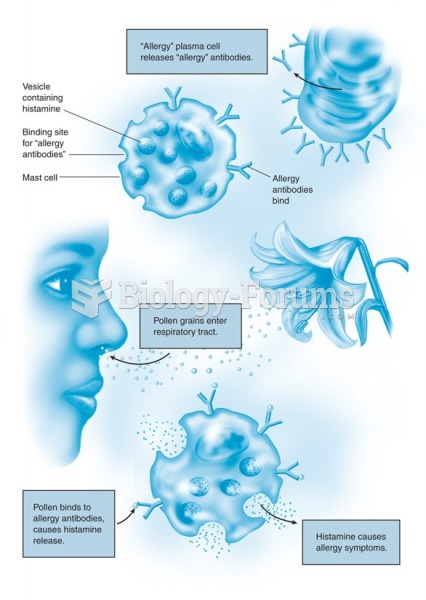Answer to Question 1
At birth, the human brain is remarkably unfinished. Most of the 100 billion neurons or brain cells are not yet connected. During the first month of life, the number of neural synapses or connections increases 20 times to more than 1000 trillion. As a child matures, the actual number of neurons remains stable; however, the number of synapse connections increases, and the message-receiving dendrite branches grow larger and heavier. At age one, the full cortex consumes twice as much energy as does an adult brain. This neural readiness, in combination with countless hours of sound play and verbal exchanges with loving caregivers, allows most children to begin speaking their first words at this age.
By eighteen months, neural synapses have increased and strengthened and are beginning to transmit information efficiently. Hence, most toddlers begin to experience a language explosion, particularly in the areas of vocabulary and syntax. During this time, children are able to learn as many as twelve words a day.
As children physically develop and are able to sit up, hold and manipulate objects, and crawl, they begin to request labels for objects: What's that? or Dat? is often one of the first words children utter.
Answer to Question 2
Language development depends on parents' interactions with their children. Parents' use of parentese, an exaggerated, slower-paced speech, helps children develop an acoustical map of their native language.
Language development follows a predictable sequence; the rate at which children acquire language varies tremendously. Gender, socioeconomic level, and cultural influences all can affect the rate of language acquisition. A child's language learning can also be impeded by illnesses such as otitis media, and by a variety of congenital problems of a physical and/or neurological nature. Parents and caregivers are cautioned to seek a medical diagnosis if language development is significantly delayed, as early identification and treatment can often avoid irreparable disruption of the language acquisition process.







